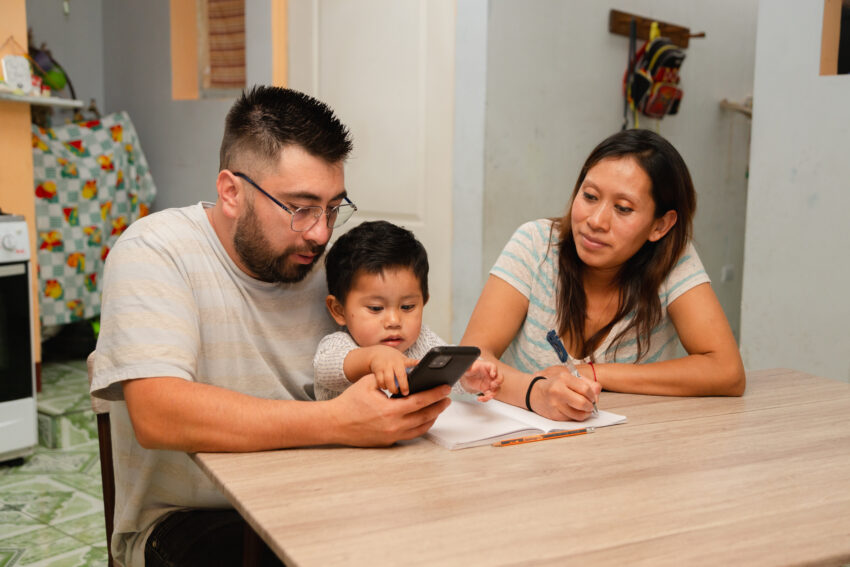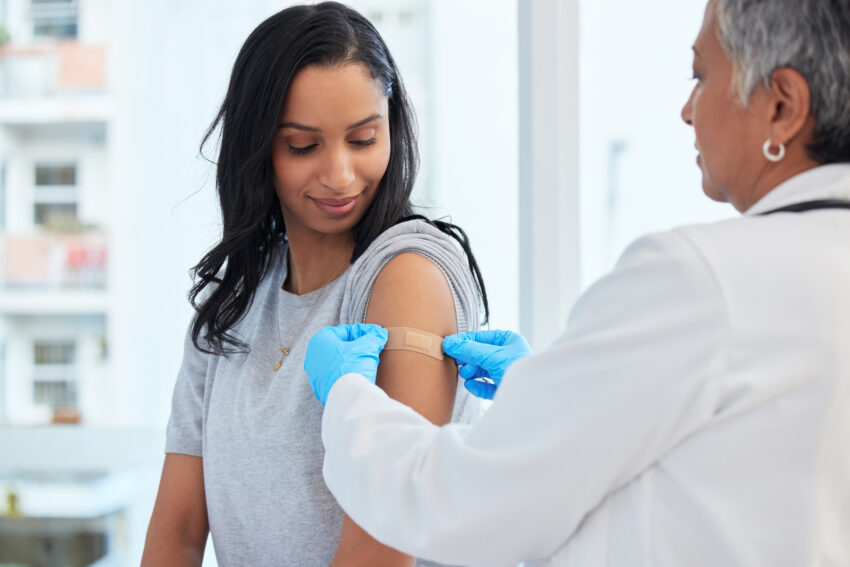7 Stories Driving Latino Health this Month

Every month the Salud America! team at the Institute of Health Promotion Research (IHPR) at UT Health San Antonio showcases the latest health news, clinical trials, research study results, and stories impacting the Latino community. Salud America! is led by Dr. Amelie G. Ramirez. “Our mission is to inspire people to drive change for health improvement for Latino and all families,” said Ramirez, professor and director of the IHPR at UT Health San Antonio. In August, Salud America! helped celebrate an achievement in collaboration with Genentech, shared back to school resources, covered inequities in Latino healthcare and chronic diseases, and much more! Let’s take a deeper dive into some of the topics, news, and stories published in July that are ...
Read More







